VF:Cutting-edge public international law events.
Others:Their PIL event probably copies one we did six months ago.
Recent Events
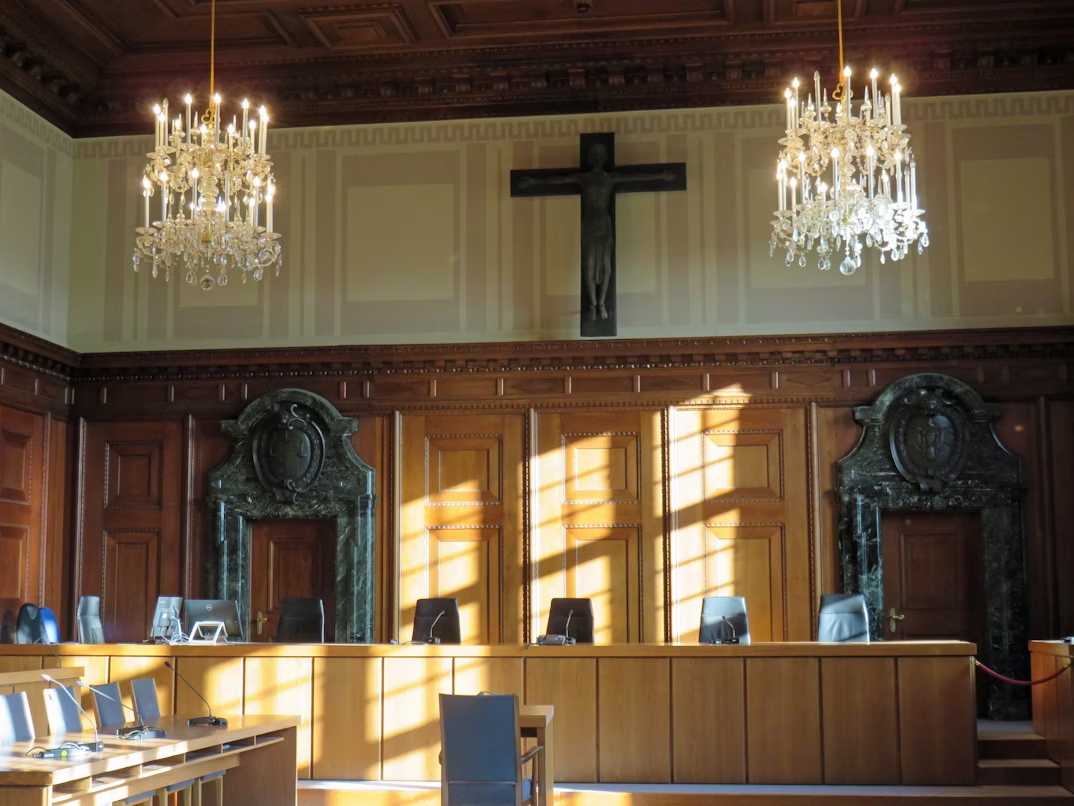
Webinar: Practical insights from climate change litigators: how courts are favouring plaintiffs and disfavouring defendants
On 4 September 2025, Volterra Fietta hosted a virtual seminar on “Practical insights from climate change litigators: how courts are favouring plaintiffs and disfavouring defendants”. Recent major court decisions around the world have favoured plaintiffs over defendants in climate change cases. These decisions raise the question: could climate change litigation soon become to energy and
Learn more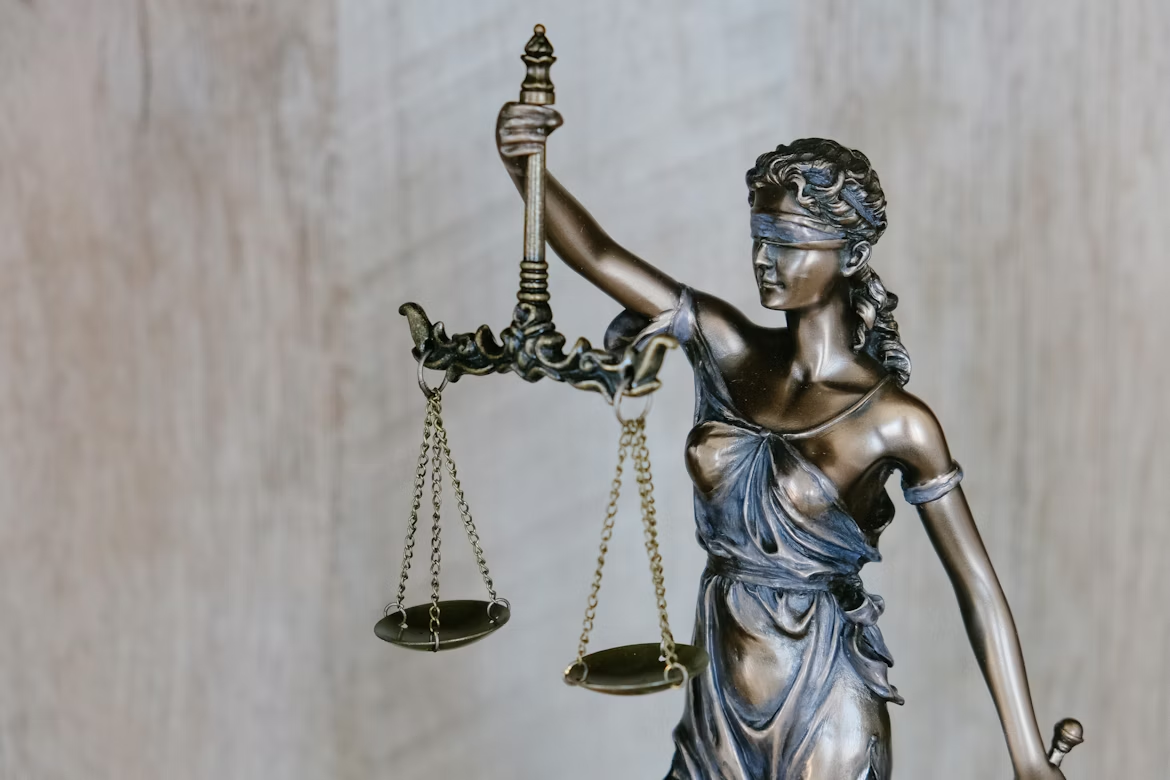
Webinar: A masterclass: Making effective damages submissions in international arbitration
On 18 July 2025, Volterra Fietta hosted a virtual seminar on “A masterclass: Making effective damages submissions in international arbitration”. Damages is a material aspect of any international arbitration case. However, in-house and external counsel, and often also even experienced arbitrators, can find damages to be an opaque area of legal practice. This virtual seminar
Learn more
London International Boundary Conference 2025
King’s College London and Volterra Fietta co-host the London International Boundary Conference 2025 We are delighted to announce that the London International Boundary Conference will return for the seventh occasion (“LIBC VII”) on 12 and 13 June 2025. Inaugurated in April 2013, the London International Boundary Conference is an international gathering of scholars and professionals
Learn more
Webinar: Damages in Spectrum Re-Allocation Disputes
On 4 June 2025, Volterra Fietta hosted a virtual seminar on “Damages in Spectrum Re-Allocation Disputes” This seminar explored the unique features of damages claims when rights to radiofrequency spectrum are re-allocated away from an incumbent user or simply terminated, whether by a commercial counterparty or a State. The seminar presented the key considerations necessary
Learn more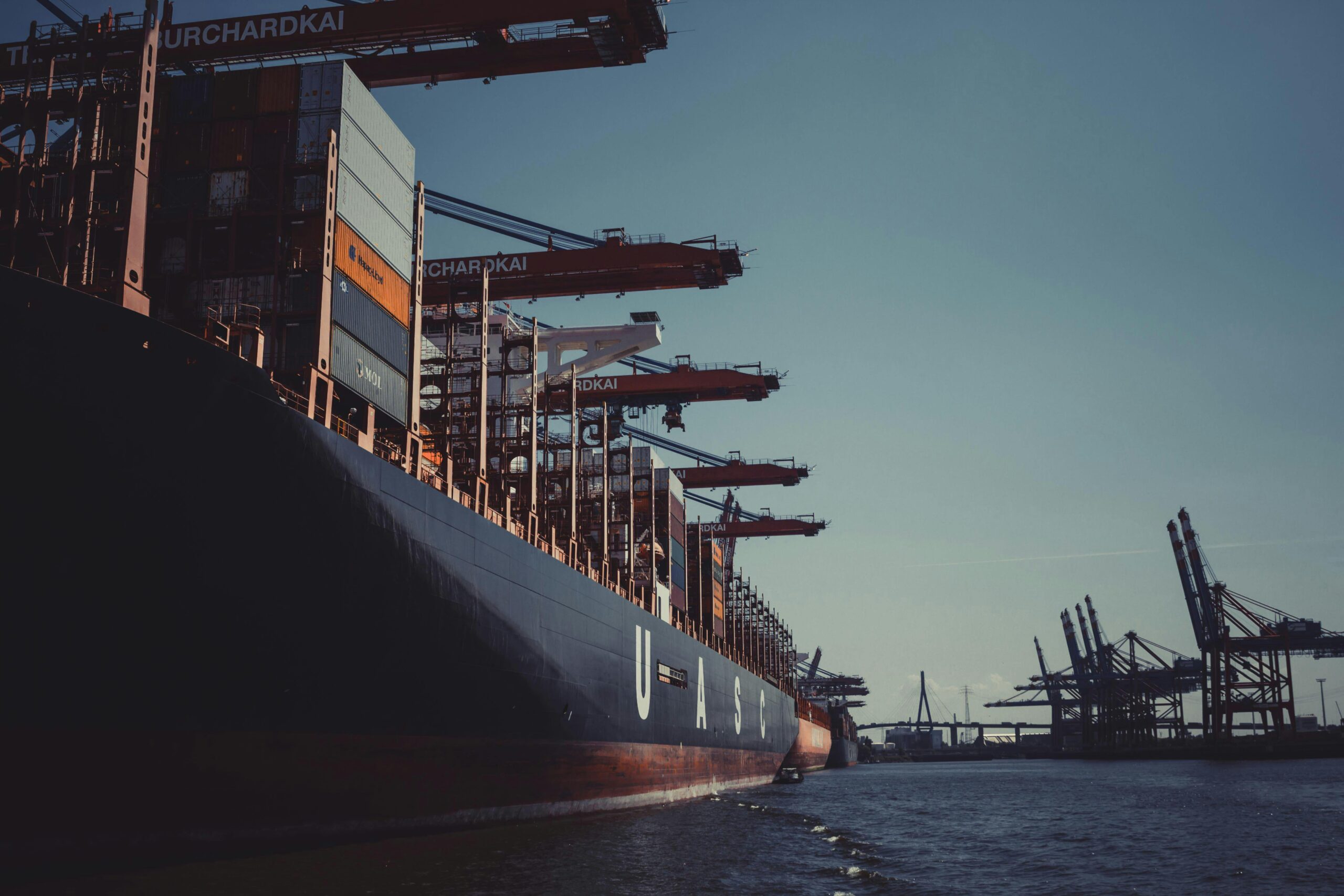
Webinar: Volterra Fietta hosts commercial disputes seminar on the “Impacts of Tariffs on Supply Contracts: Key Legal Issues”
On 16 April 2025, Volterra Fietta held a virtual seminar entitled “Impacts of Tariffs on Supply Contracts: Key Legal Issues”. In the seminar, Volterra Fietta partners Mr Gunjan Sharma and Mr Ahmed Abdel Hakam analysed the contractual implications of tariff increases on supply agreements and sales of goods, from a common law and civil law
Learn more
Webinar: New frontiers in international law: recent developments in cyberconflict and cyberspace
On 22 February 2024, Volterra Fietta hosted a virtual seminar on “New frontiers in international law: recent developments in cyberconflict and cyberspace”. Digital technologies play an increasingly central role in modern life. Cyberspace underpins critical infrastructure, including in energy, transport, communications and defence. At the same time, risks of cyberattack are rising and must be
Learn more
Webinar: Starting an ICJ case in a winning way
On 11 January 2024, Volterra Fietta hosted a virtual seminar on “Starting an ICJ case in a winning way.” The United Nation’s principal judicial organ, the International Court of Justice (the “ICJ”), is busier than ever. There are currently over 20 proceedings (both contentious and advisory) before the ICJ. Without careful preparation, initiating a case
Learn more
Webinar: Building a Career In Public International Law Pathways for Young Lawyers
On 31 October 2023, Volterra Fietta hosted a virtual seminar on “Building a career in public international law: Pathways for young lawyers”. There has never been a better time to be a young lawyer aspiring to have a career in public international law. Nowadays, lawyers specialising in public international law are in higher demand than ever.
Learn more
Webinar: Challenges in Space ahead of the ITU’s World Radio Conference 2023
On 24 May 2023, Volterra Fietta hosted a virtual seminar on “Challenges in Space ahead of the ITU’s World Radio Conference 2023”, another seminar in its continuing Space Law seminar series. The International Telecommunications Union (ITU) is the United Nations specialised agency for information and communication technologies. Every three to four years, it convenes the World
Learn more
Third World Conference of the ABS – Association of Borderland Studies
Robert Volterra (Partner) will be delivering a lecture on his own work on International Boundary Arbitration and the Legal Dimensions of Border Demarcation at the forthcoming Third World Conference of the ABS – Association of Borderland Studies which will take place at Ben-Gurion University between 13-18 February 2023. For more information about this event please
Learn more
Webinar: Investment protection treaties and the clean energy transition
On 7 September 2022, Volterra Fietta hosted a virtual seminar on “Investment protection treaties and the clean energy transition”. To combat climate change, the transition towards clean and renewable sources of energy remains a leading priority around the world. This is particularly so at a time when global events have focused attention on energy security
Learn more
Webinar: Arbitration in the Middle East
On 27 July 2022, Volterra Fietta hosted a virtual seminar on “Arbitration in the Middle East – trends, developments and strategies”. Strong judicial and governmental support combined with strategic thinking is transforming the Middle East into a prominent global arbitration centre. That process is accelerating as several regional hubs rapidly move towards diversifying their economies.
Learn more
Webinar: Effectively Pleading Quantum in International Arbitration
On 28 June 2022, Volterra Fietta hosted a virtual seminar on “Effectively Pleading Quantum in International Arbitration”. In an investor-State arbitration, it is vitally important to understand the quantum issues as early possible. The very first pleadings to a Tribunal should set the stage for the debate on losses. Unfortunately, many practitioners may not be
Learn more
Webinar: Fair and Equitable Deep Seabed Mining – sharing deep seabed mining’s financial and other benefits
On 16 June 2022, Volterra Fietta hosted a virtual seminar on Fair and Equitable Deep Seabed Mining – sharing deep seabed mining’s financial and other benefits. Under the United Nations Convention on the Law of the Sea (“UNCLOS”) activities in the Area, i.e., the seabed and ocean floor and subsoil thereof beyond the limits of
Learn more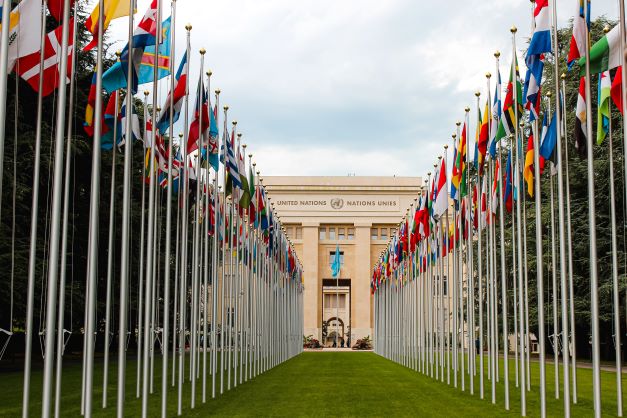
Webinar: Dispute Resolution under UNCLOS
On 9 June Volterra Fietta hosted the virtual seminar on “dispute resolution under UNCLOS”. The disputes settlement system under the United Nations Convention on the Law of the Sea (“UNCLOS”) is one of the most complex and detailed dispute resolution systems in public international law. It offers a diverse mix of processes, including both consent-based
Learn more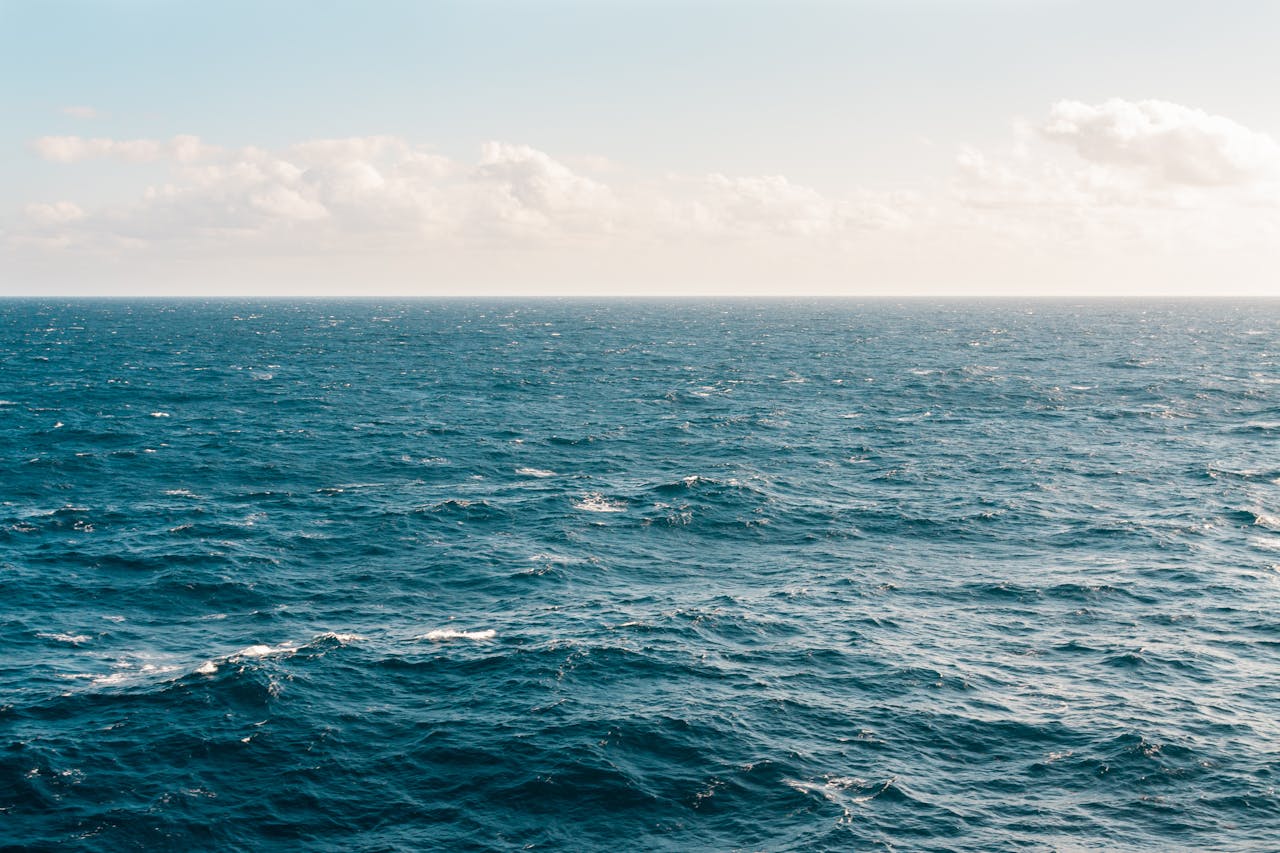
Webinar: All at sea? International law and the predicament of rising sea levels
On 26 May, Volterra Fietta hosted the virtual seminar on “All at sea? International law and the predicament of rising sea levels”. Rising sea levels represents one of the most serious consequences of climate change, in particular for low-lying and small island States. By 2100, the Intergovernmental Panel on Climate Change predicts that global mean
Learn more
Webinar: Latest developments in gas price revision disputes around the world
On 23 May, Volterra Fietta hosted the virtual seminar on “Latest developments in gas contract disputes”. As everyone knows, energy markets are passing through a period of exceptional turmoil. This is particularly so in the European context, but no part of the world is exempt. Volterra Fietta has been closely following the significant developments in
Learn more
Webinar: Maritime boundary delimitation in practice
On 18 May 2022, Volterra Fietta hosted a virtual seminar on “Maritime boundary delimitation in practice”. Maritime boundary delimitation, or the process of dividing maritime areas between sovereign States, is a complex legal and technical process. It is also one of the most important diplomatic processes relevant in the global economy today. However, only a
Learn more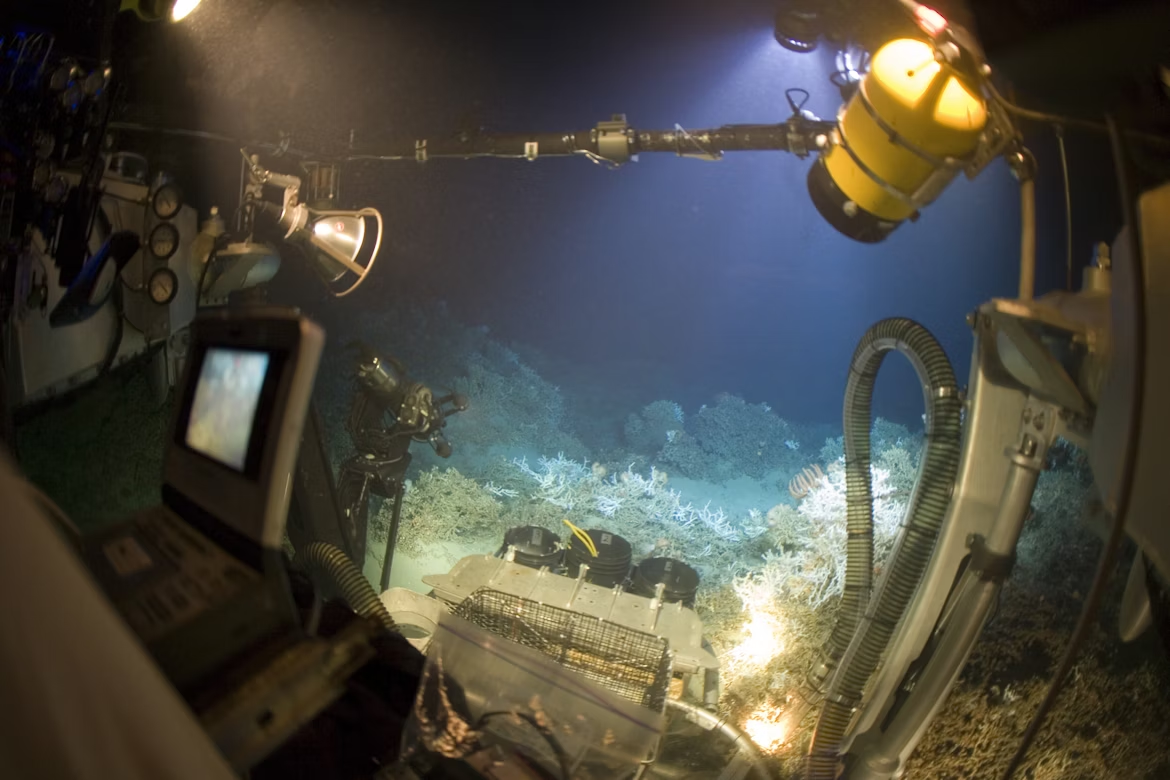
Webinar: Deep Sea to Deep Space (Part 1): The Future of Deep Sea Mining
This was the first in a three-part virtual seminar series Volterra Fietta are hosting throughout January and February. The second and third seminar will focus on the extraction of natural resources in space and the arctic region. As the world gears up to start the exploitation of mineral resources from the deep sea, this timely
Learn more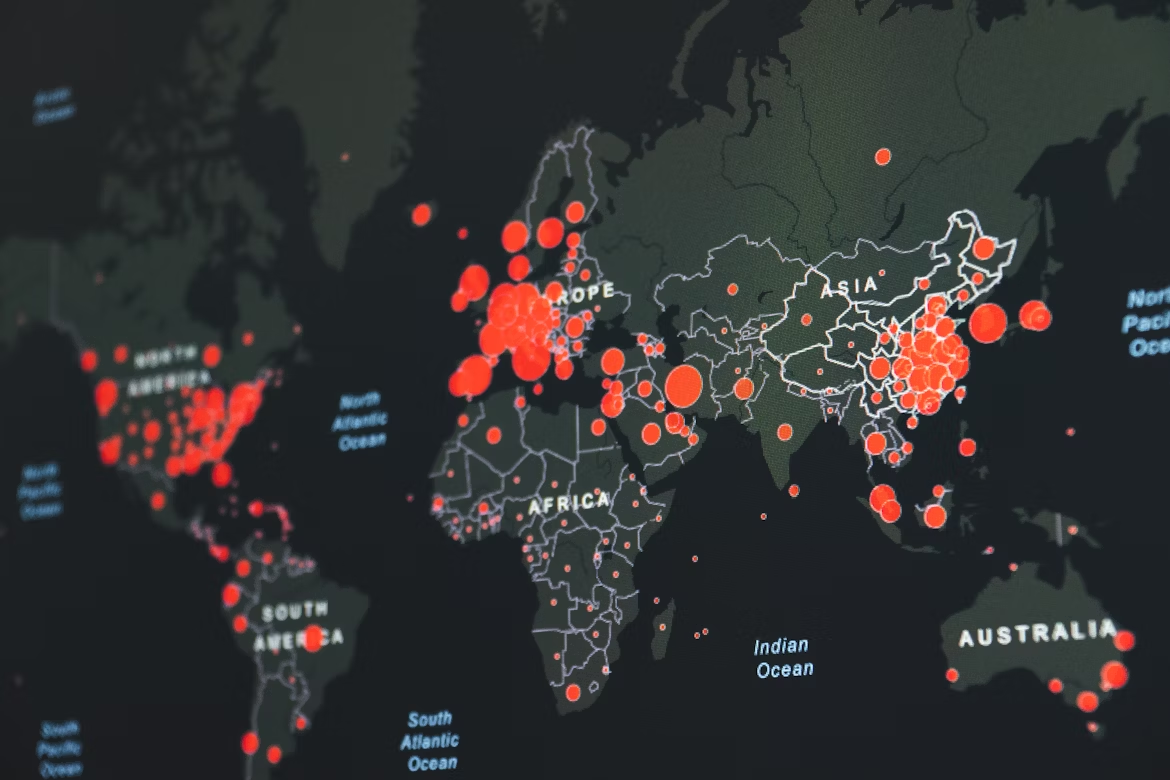
Webinar: State responsibility for actions taken by States regarding the COVID-19 virus
The COVID-19 pandemic has caused almost every government around the world to enact public health regulations. Many governments have also cited COVID-19 as the motivation for passing regulatory measures across a broad range of other policy areas. These have included human rights, trade, refugee, foreign investment, humanitarian law. In addition, in relation to the pandemic,
Learn more
Webinar: Interconnectors, energy security and flexibility services in Europe
By general consensus, the world needs to reduce its fossil fuel consumption and electrification is seen as the key means to achieve this. The European Green Deal aims to strengthen this trend, which will have profound geopolitical, legal and economic consequences. The Western Balkans are the largest potential source of flexible renewable electricity – hydropower
Learn more
Webinar: COVID-19 and international humanitarian law
COVID-19 has exacerbated the already difficult situation in many war-torn countries. Civilians in States weakened by years of conflict or persons who are internally displaced have proven particularly exposed to risk. Border restrictions complicate the delivery of humanitarian relief. The pandemic may even create incentives for an escalation of hostilities. This topical seminar explored these
Learn more
Webinar: Human rights and ESG diligence in a COVID-19 world
In addition to certain beneficial environmental effects, the COVID-19 pandemic has complicated the processes by which companies can conduct human rights and ESG diligence. This panel discussed the impacts on human rights and ESG during the pandemic and how the pandemic might impact human rights and ESG diligence in the future. The speakers for this
Learn more
Webinar: Sustainable energy development in Albania: opportunities and investment protection issues
The COVID-19 pandemic and resultant economic recession have significantly dampened activity and appetite for investment in the energy industry, notably in the hydrocarbon sector. At the same time, while some States have used COVID-19 as a pretext to restrict or even expropriate investments in renewables, others see the situation more positively as an opportunity to
Learn more
Webinar: Efficient management of energy arbitrations
Energy arbitrations include commercial and investor-State arbitrations in relation to energy assets or energy contracts. The stakes involved can be very significant, often with macroeconomic consequences for the countries involved. Energy disputes are also often politically sensitive. Energy disputes frequently involve complex technical issues with which arbitrators may, or may not, be familiar. A major
Learn more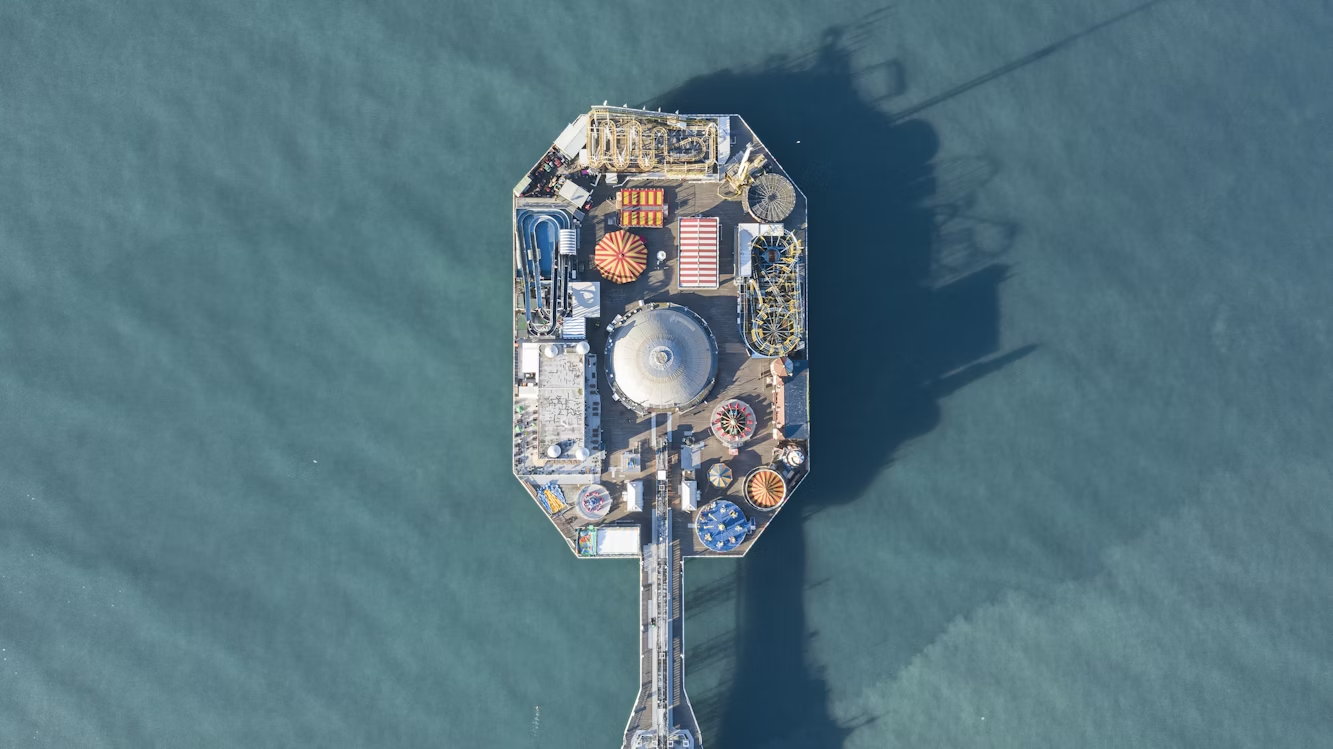
Webinar: Transboundary Unitisation and Delimitation
Investment in offshore blocks has grown rapidly because of technological advances, new discoveries and the opening up of local markets. Increasingly, energy companies are looking to develop and explore oil reserves that straddle, or might straddle, maritime borders. Generally speaking, States have an interest in coordinating the development of shared reserves to maximise economic benefits.
Learn more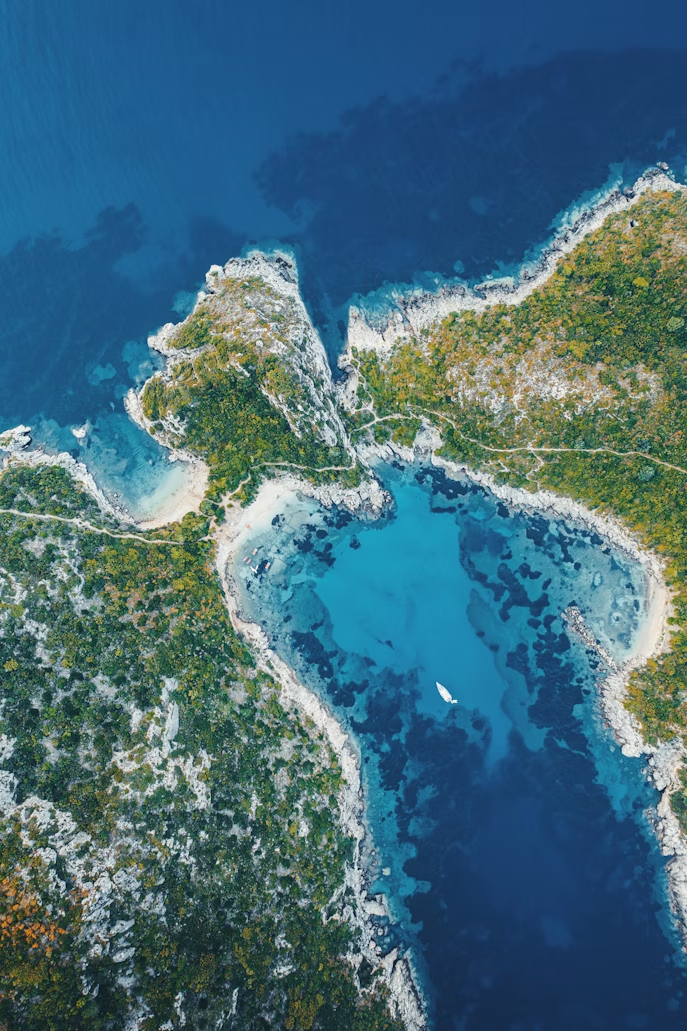
Webinar: Protecting offshore investments in disputed maritime areas
States all aroud the world have advanced overlapping claims over more than 200 maritime areas. These disputed areas often contain very significant natural resources. Recent technological advances have made these resources more accessible to investors. However, offshore investments in disputed maritime areas still face a number of risks. Investors with rights regarding natural resources in
Learn more
Webinar: Strategies for price readjustment in energy contracts in the time of COVID-19
COVID-19 has brought about dramatic changes to the energy industry, including energy prices and values in all parts of the energy value chain. Following Volterra Fietta’s highly successful seminar on “COVID-19 and Force Majeure under Oil and Gas Contracts”, this seminar continued to examine the consequences of COVID-19 and the associated economic recession on energy
Learn more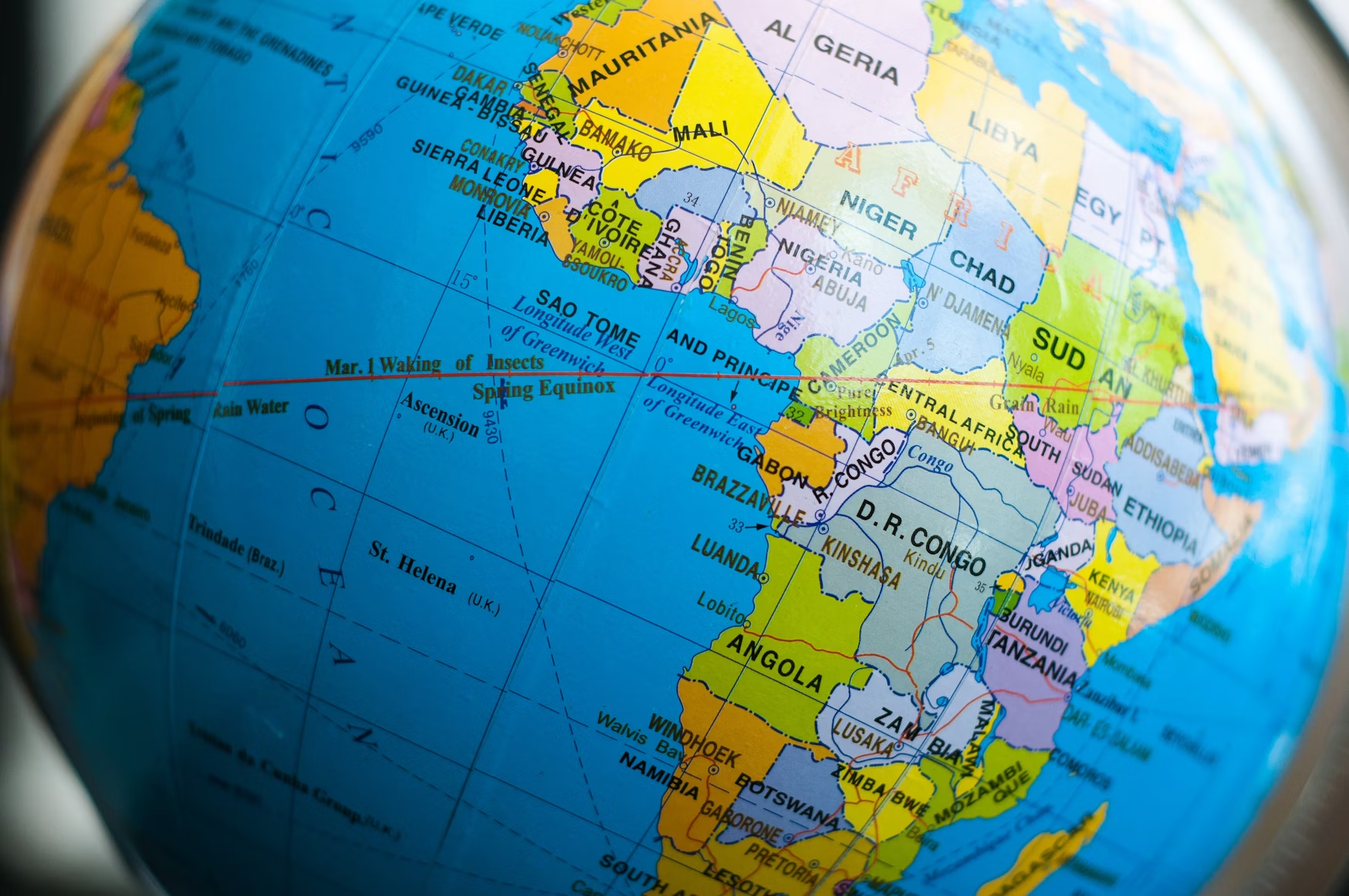
Webinar: Arbitration in sub-Saharan Africa: Challenges and Opportunities
There are many interesting and often challenging aspects to arbitration being undertaken in sub-Saharan Africa and elsewhere arising out of commercial activities in that continent. In particular, Africa has attracted and continues to attract huge inward investment in sectors including mining, extraction and processing of oil and gas, power generation and transport infrastructure. Referral to
Learn more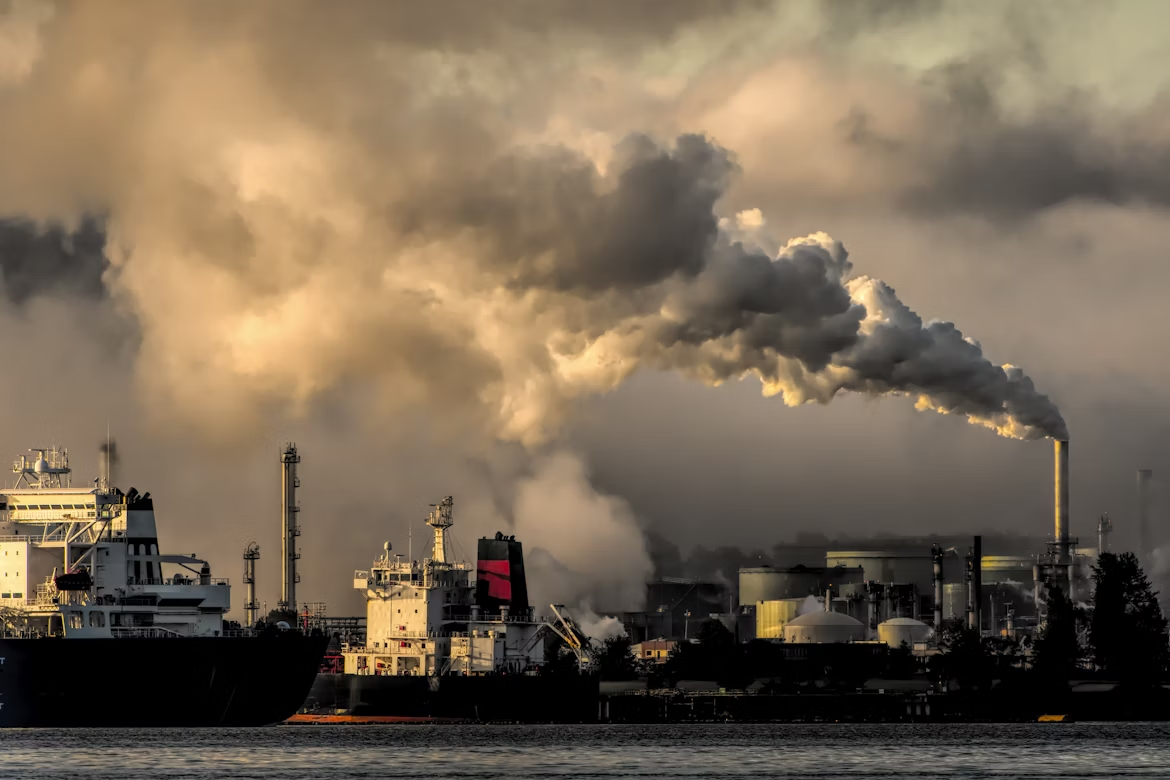
Webinar: COVID-19 and Force Majeure Under Oil and Gas Contracts
In the first quarter of 2020, several major Chinese and Indian importers of liquefied natural gas (LNG) issued force majeure notices to their LNG suppliers in reaction to the COVID-19 outbreak. These notices were reportedly prompted by State measures, including sweeping lockdowns, which resulted in a dramatic decrease in domestic demand and logistical constraints at
Learn more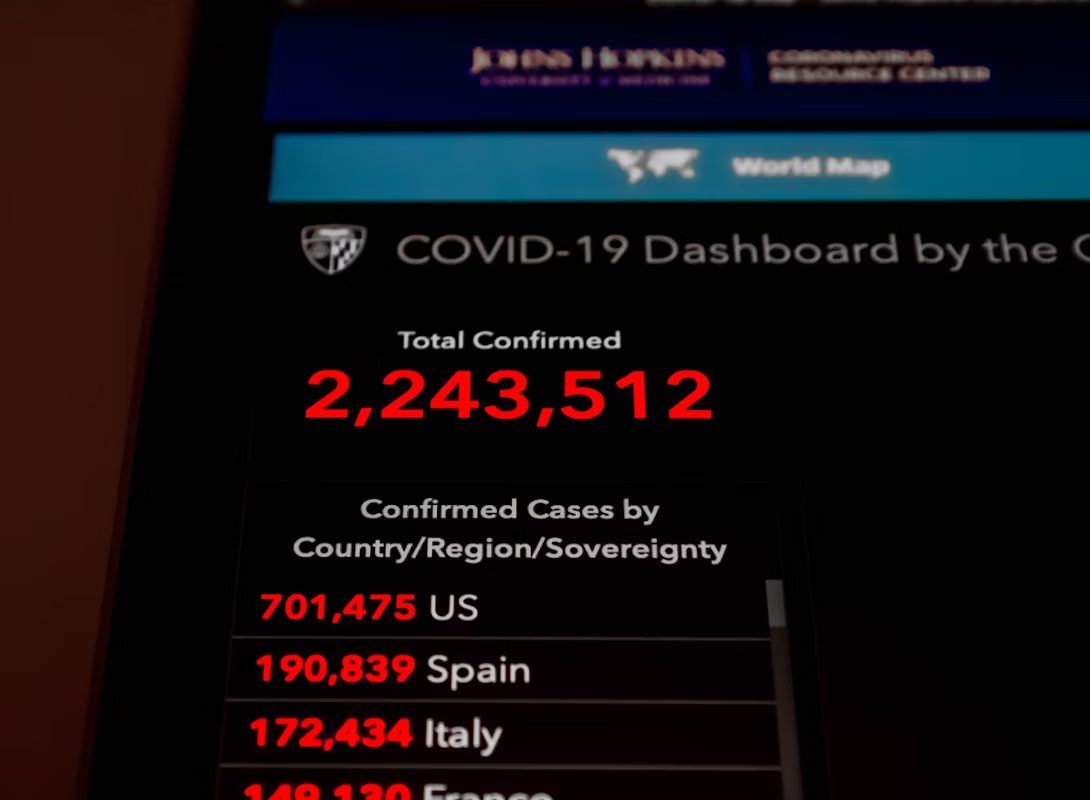
Webinar: COVID-19 and Creation of a Convention on Pandemic Suppression (COPS)
The COVID-19 pandemic has already had devastating effects on States, populations and the world’s economy. International organisations, States and individual experts are working tirelessly to contain the wide-ranging consequences of this pandemic. However, it is not clear whether or how their tireless efforts are being coordinated. Indeed, there is mounting evidence that a number of
Learn more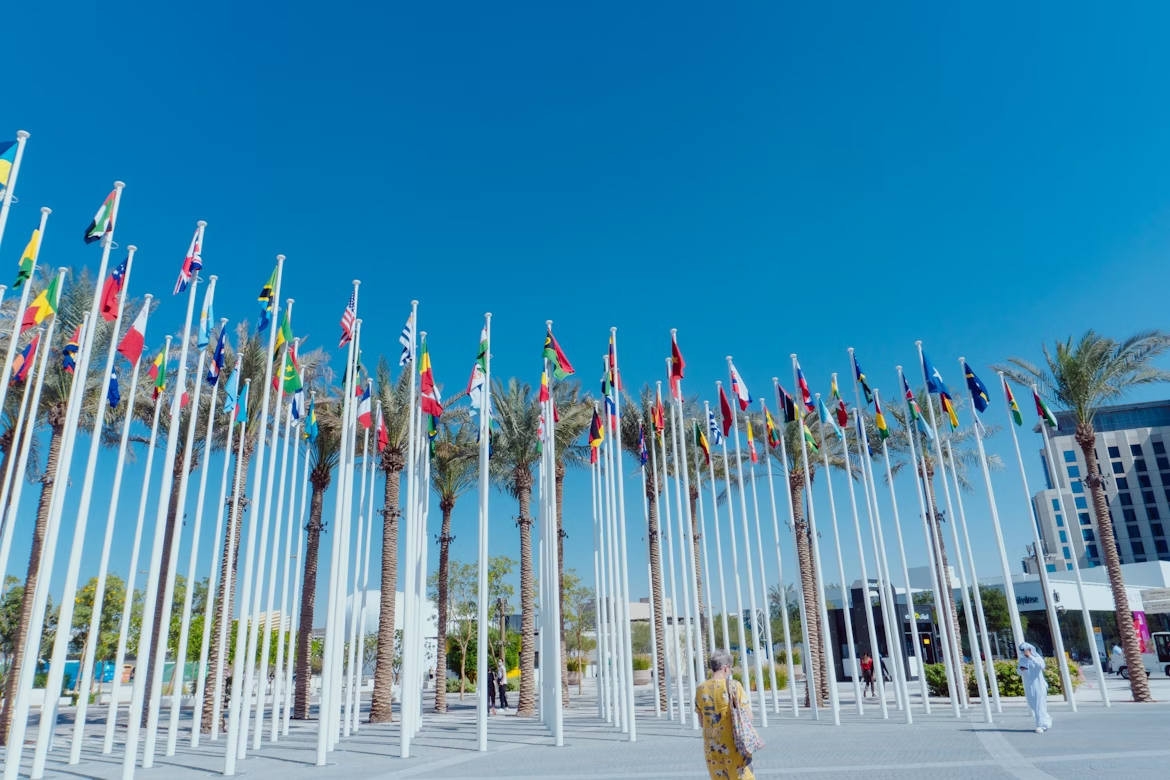
Webinar: Foreign Investments, COVID-19 and Public International Law
Recently, States have implemented unprecedented measures to respond to the COVID-19 pandemic. They have imposed a range of measures on their populations, including social distancing, national lockdowns and other restrictions on movement. They have ordered the temporary closure of non-essential businesses and requisitioned the premises of certain investors to attend vital needs. Equally, States have
Learn more
Volterra Fietta Breakfast Seminar: Expropriation of Satellite Spectrum
Technological advances now allow the efficient use of high-frequency band spectrum (in the C-band, among others) by terrestrial cellular operators. At the same time, some of these frequencies have been previously allocated for “space use”, that is use by the operators of satellites in orbit around the Earth. The result has been lobbying around the
Learn more